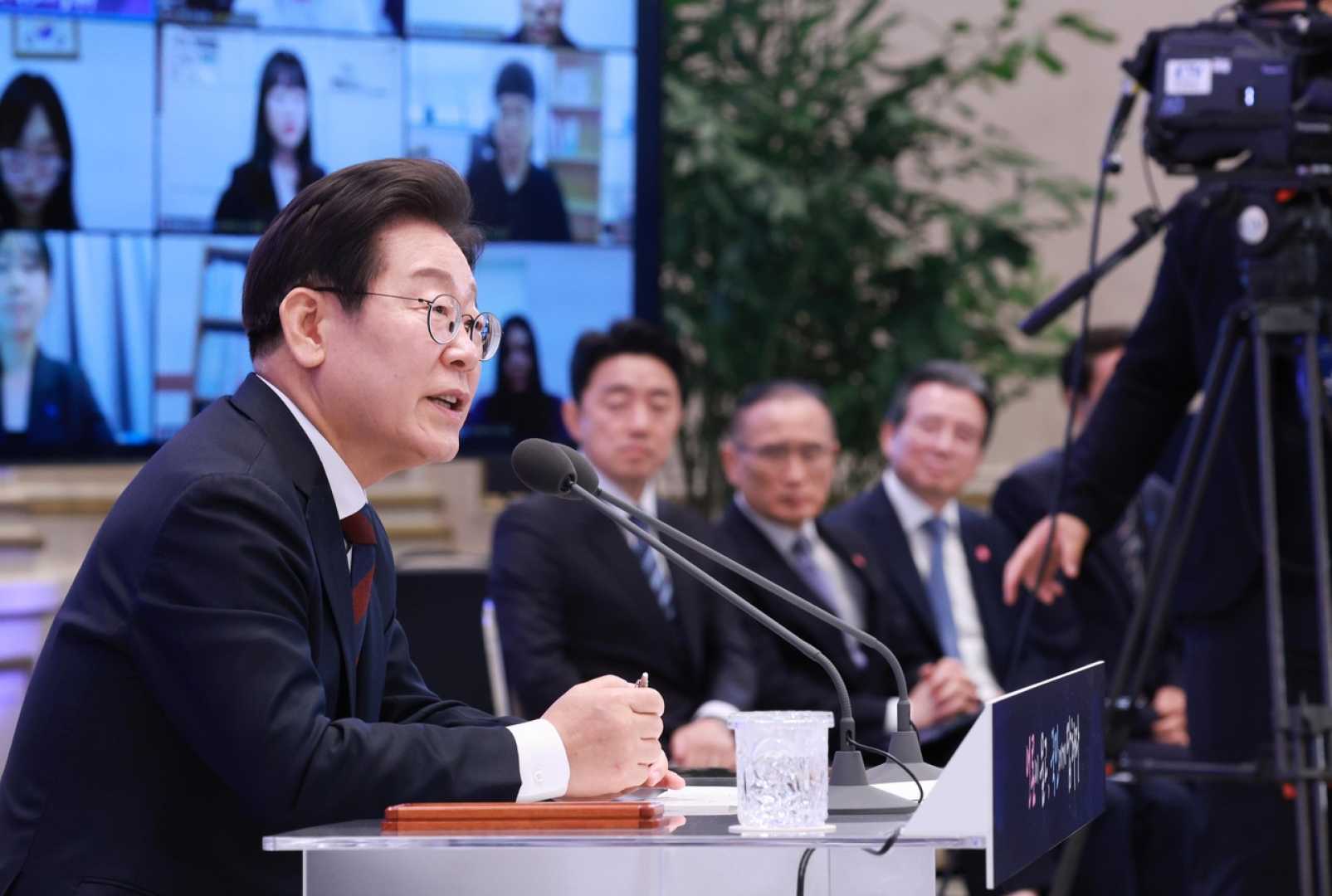News
South Korean Workers Detained in ICE Raid Return Home Amid Tensions

SEOUL, South Korea — South Korean President Lee Jae Myung expressed deep concerns on Thursday regarding the recent ICE raid that led to the detention of over 300 South Korean workers at a Hyundai electric battery plant in Georgia. Speaking at a news conference marking his 100th day in office, Lee described the situation as ‘very confusing’ for South Korean companies operating in the U.S.
Lee noted that the raid could hinder future investments by South Korean firms, which often require skilled technicians for setting up and managing local operations. ‘This issue could have a considerable impact on foreign direct investment in the U.S.,’ he stated, urging U.S. authorities to normalize the visa process related to investment.
The ICE raids, one of the largest in recent memory, sparked shock and anger in South Korea, especially as images of detained workers circulated widely. Many South Koreans viewed the treatment of their compatriots as a betrayal of longstanding bilateral cooperation, especially in light of recent multi-billion-dollar investments agreed upon by South Korean firms.
The South Korean foreign ministry announced on Thursday that it had temporarily halted deportations to discuss options for the detained workers. Officials are reportedly negotiating with the U.S. to create new visa categories or increase existing quotas for South Korean workers.
The detained South Koreans are expected to return home on a chartered flight after a delay caused by discussions initiated by President Donald Trump. According to the foreign ministry, workers were initially hesitant to leave, as U.S. authorities had indicated they might be allowed to remain and continue working.
Lee highlighted that the detention raises grave doubts about the feasibility of setting up operations in the U.S., stating that South Korean businesses are left questioning whether it is worth the potential risk of similar incidents in the future.
As the situation unfolds, both South Korea and U.S. officials are working towards resolving the visa issues that have long plagued South Korean firms seeking to invest in U.S. manufacturing, amidst growing frustration over stringent immigration policies.












